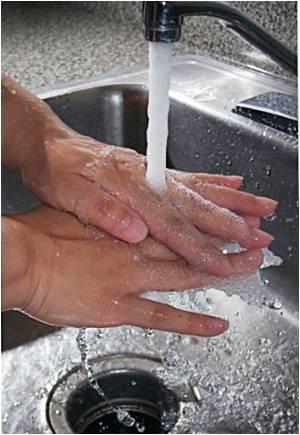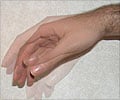A new kind of prosthetic arm that allows a person to flex certain muscles in order to perform complex tasks has been approved by US regulators.

Tests on 36 US military veterans who had lost their lower arms showed that 90 percent found the robotic device allowed them to do tasks they could not with their current prosthetics, including using keys and locks, making food, feeding themselves, using zippers and brushing their hair.
"This innovative prosthesis provides a new option for people with certain kinds of arm amputations," said Christy Foreman, director of the Office of Device Evaluation at the Food and Drug Administration.
"The DEKA Arm System may allow some people to perform more complex tasks than they can with current prostheses in a way that more closely resembles the natural motion of the arm."
However, it does not return any sensation to the wearer, an attribute that recent research on other prosthetics has shown may be possible.
The DEKA Arm System is controlled by electrical signals from electromyogram (EMG) electrodes, which detect muscle contraction close to the area where the prosthesis is attached.
The signals allow the arm to make 10 different powered movements.
Source-AFP
 MEDINDIA
MEDINDIA


 Email
Email




